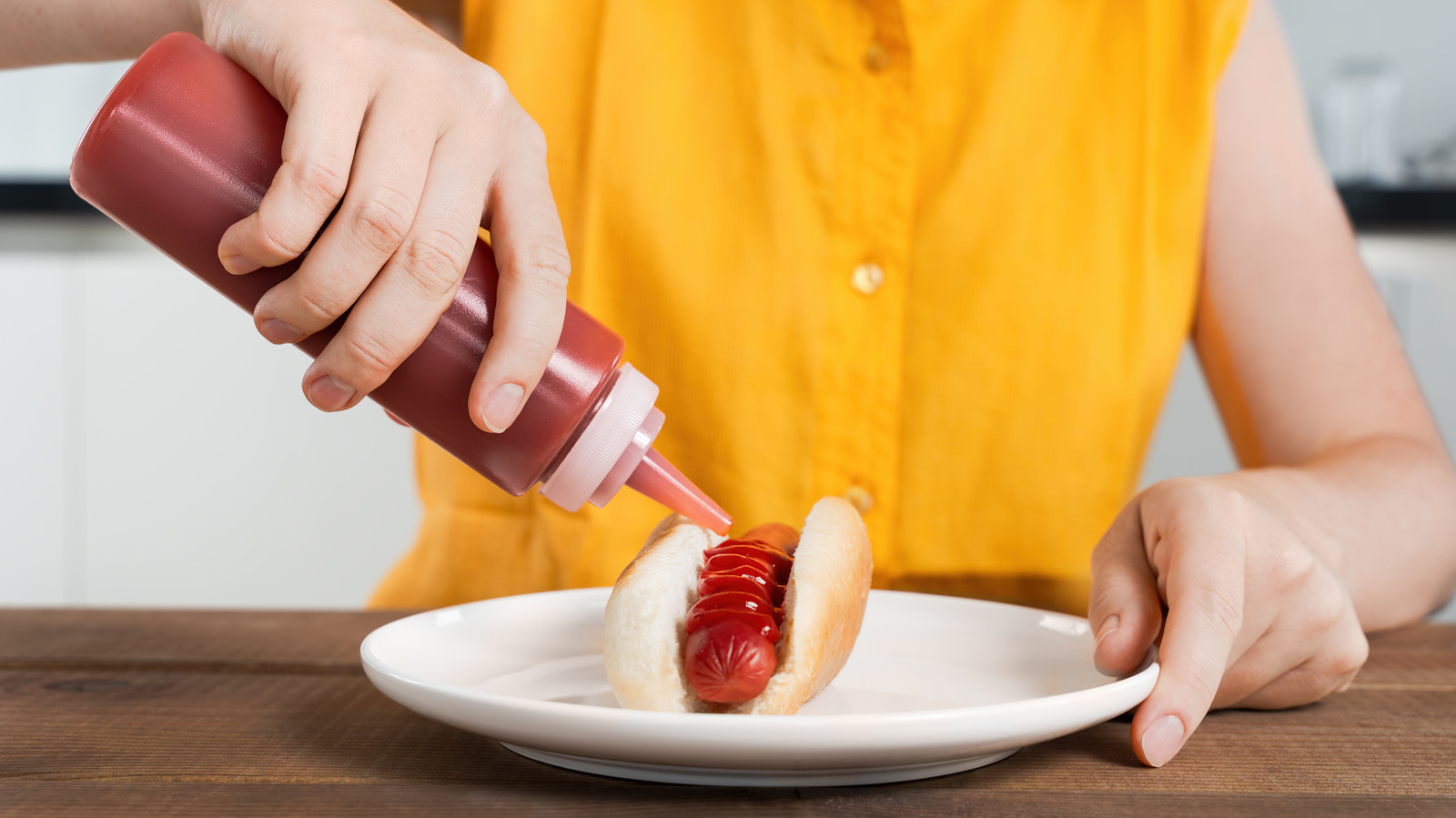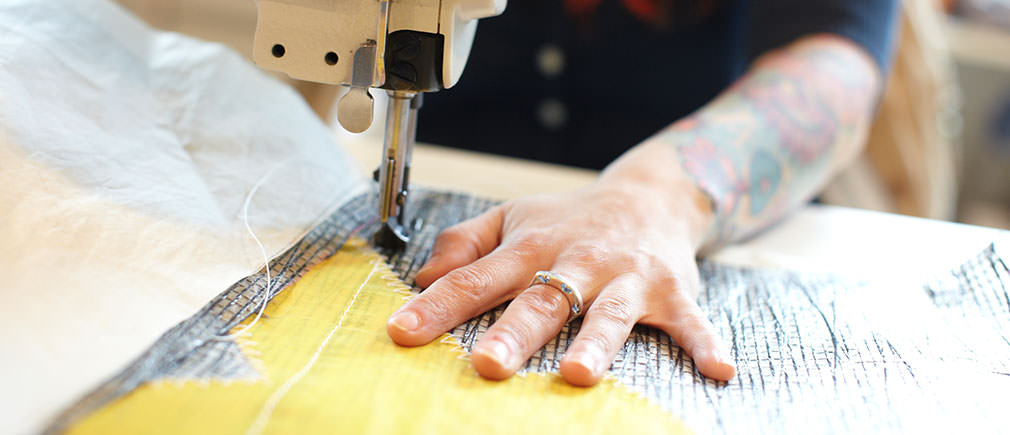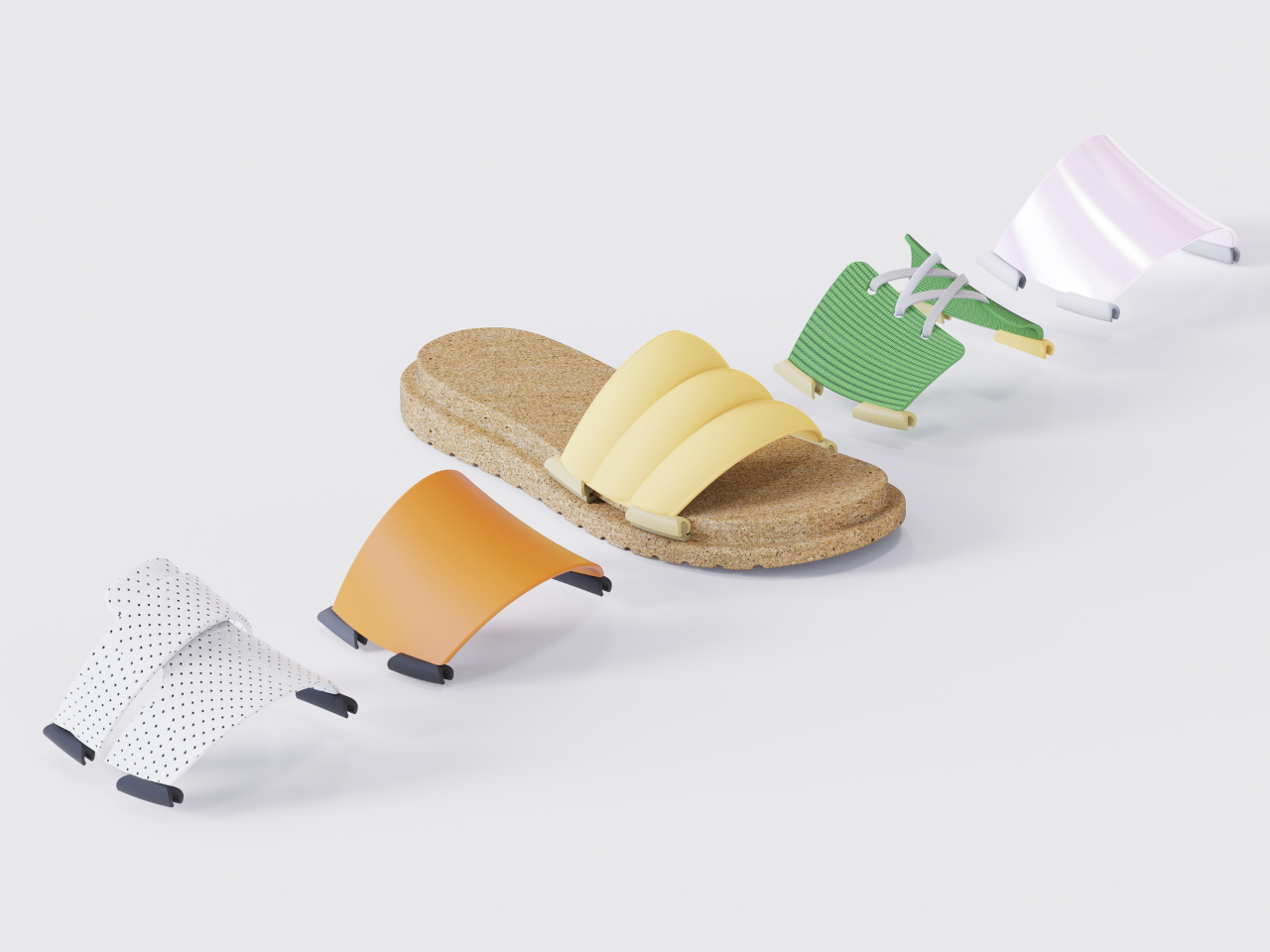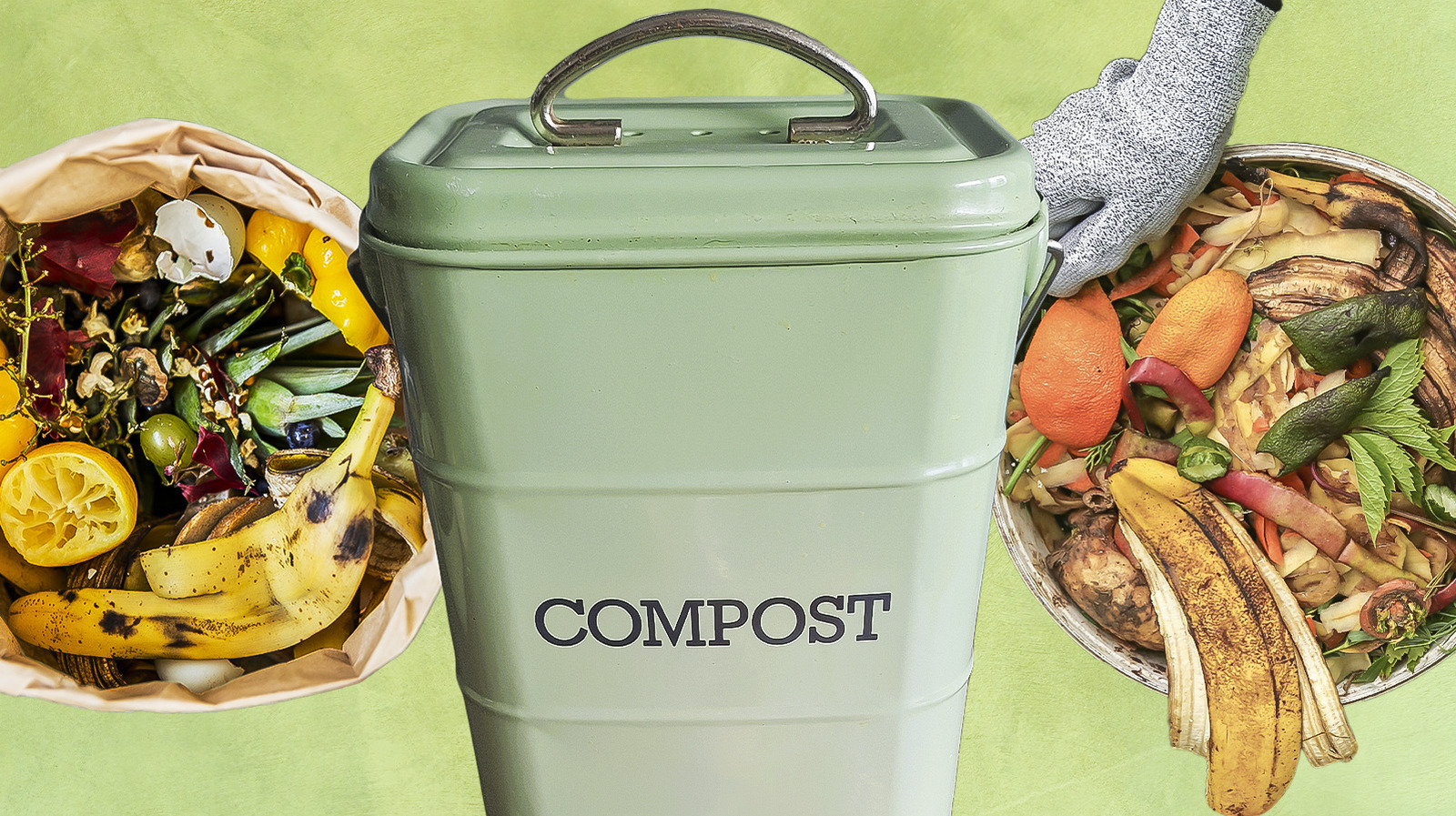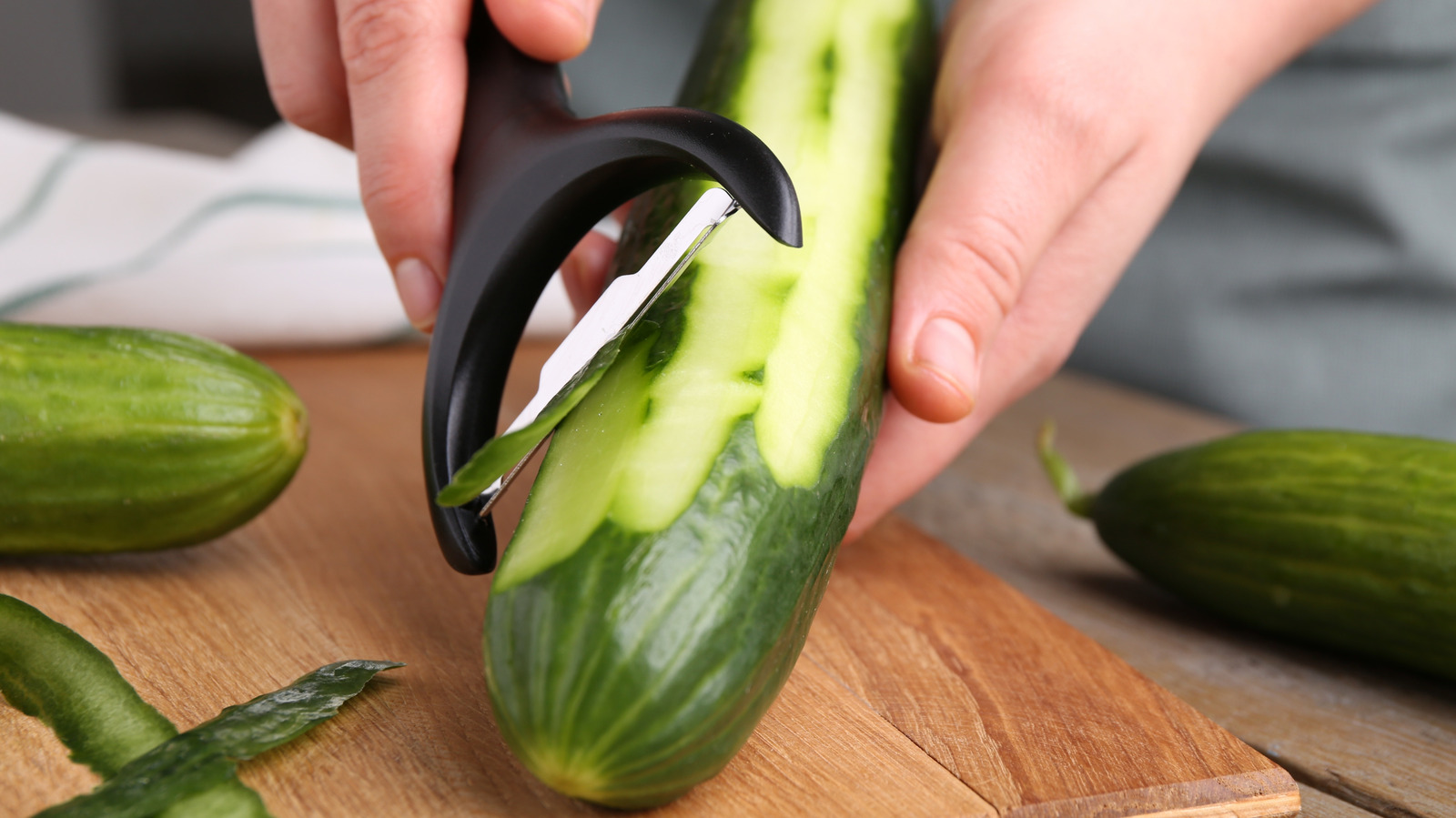#waste-reduction
#waste-reduction
[ follow ]
fromFast Company
3 weeks agoThis startup helps enterprising resellers prevent nearly a million pounds of returns from ending up in landfills
Americans are likely to have spent a record $1 trillion-plus this holiday shopping season alone, and about $5.5 trillion in retail sales in all of 2025, according to estimates by the National Retail Federation. That includes many unhappy returns for retailers: And when it comes back to them, a lot of the $850 billion in returned merchandise is often cheaper to discard than to inspect, sort, and resell-adding millions of tons to landfills every year.
E-Commerce
fromEarth911
1 month agoHow to Recycle Makeup
Makeup is making the planet ugly. The beauty industry generates approximately 120 billion packaging items annually, most of which end up in landfills. Most beauty packaging is too small, made of mixed materials, or too flexible to be accepted by municipal curbside recycling programs. Compacts, lipstick tubes, mascara wands, pumps, and travel-size containers are typically not accepted at standard recycling facilities.
Environment
fromState of the Planet
1 month agoA Climate-Friendly Holiday Gift Guide
'Tis the season of giving, and while we all want to be generous with our loved ones, it's hard not to feel like the Grinch when you find out that more than $8.3 billion may be wasted on unwanted gifts each year, according to a survey by the Center for Biological Diversity. And to make matters even worse, when those gifts are returned, they're likely to end up in a landfill instead of back on the shelves.
Environment
fromLondon Business News | Londonlovesbusiness.com
2 months agoThe future of industrial efficiency: Tools that reduce waste and improve output - London Business News | Londonlovesbusiness.com
Across manufacturing floors, fabrication shops, and industrial plants, one message is becoming clear: the future belongs to companies that can produce more while wasting less. Efficiency is no longer just a productivity metric. Rather, it has become a competitive advantage. Simply put, global competition, rising material costs, and higher customer expectations mean businesses must rethink not only what they produce - but how they produce it. Moving ahead, forward-thinking industries are now embracing smarter, cleaner, and more precise tools. These technologies streamline workflows, reduce waste, improve product consistency, and create safer environments for workers.
Business
fromwww.berkeleyside.org
2 months agoFind meaningful ways to give this holiday season
During this festive season of cool weather, warm meals and gift-giving, it's a great time to make the most of what we already have by reusing and repairing items, donating what we no longer need, and sharing our surplus so nothing goes to waste. The RE:Source Guide an easy-to-use online directory created by StopWaste, a public agency serving Alameda County helps you keep valuable resources in circulation through recycling, donation and repair, and safely dispose of items when needed.
Environment
Artificial intelligence
fromFood & Beverage Magazine
3 months agoThe Restaurant AI Playbook: Your Essential Guide to Smart Hospitality in 2025 & Beyond - Food & Beverage Magazine
AI is already transforming restaurant operations and guest engagement, reducing waste and labor costs while enabling personalization and smarter inventory and scheduling decisions.
fromBusiness Insider
4 months agoFord's CEO says a Japanese management practice he picked up from rival Toyota helps him make better decisions
The hands-on management practice is called "gemba," which Farley said he "fell in love with at Toyota," where he started his automotive career. Gemba stems from the Japanese phrase "genchi genbutsu," meaning "go and see with your own eyes," Farley said. The concept refers roughly to the real place where real work is done on real things, as opposed to a plan or model of production.
Business
fromTasting Table
4 months agoStop Buying Pricey Storage Containers - Here's How To Organize Your Kitchen For Free - Tasting Table
Let's face it: Keeping the kitchen organized is one of the greatest challenges we face in our busy everyday lives, and the pantry is a particularly touchy subject. Keeping a well-stocked pantry is a joy, until it gets full of half-empty bags of beans, messy flour sacks, and who-knows-what-that-is, forgotten out of sight at the very back. If only we could have a perfectly organized pantry with matching containers designed specifically for each purpose!
Food & drink
fromwww.theguardian.com
4 months agoWaste is a resource, not a nuisance': the team who will collect and use up your leftover paint
Community RePaint is a UK-wide paint reuse network that collects leftover paint from drop-off points and redistributes it to individuals and groups in the community. They started in 1992 as a research project in Leeds called the Waste Wagon, led by a consortium of waste and recycling organisations and set up in response to concern from the local authority about the high cost of paint disposal and issues around household hazardous waste.
Environment
Wine
fromFood & Beverage Magazine
5 months agoArcher Roose Wines Lands Nationwide Distribution at Buffalo Wild Wings: Canned Wine Brand Goes National - Food & Beverage Magazine
Archer Roose secured nationwide Buffalo Wild Wings distribution, bringing canned premium Pinot Noir to 1,225 locations across all 50 states.
fromZDNET
5 months agoHow AI agents can eliminate waste in your business - and why that's smarter than cutting costs
In an AI-powered economy, business leaders are focused on enhancing the productivity and efficiency of their workforce and operations. To accelerate value creation, while focusing on cost reductions and efficiencies, companies are identifying and removing silos -- structural, data, and organizational -- so they can successfully deploy hyper automation and emerging technologies like autonomous AI agents and robots, serving as an extension of their digital labor.
Artificial intelligence
fromEarth911
5 months agoGood, Better, Best - Reducing Textile Waste in 2025
After paper, food, plastic, yard waste, and metal, textiles make up the largest share of household waste. Most textile waste consists of discarded clothing. But furniture, carpets, bedding, and even footwear and tires contribute to the total. As of 2018, the last year the Environmental Protection Agency published national statistics, textiles comprise 5.8% of municipal solid waste , but just 14.7 percent of the more than 17 million tons of fabric waste was recycled.
Environment
fromYanko Design - Modern Industrial Design News
6 months agoDaon Pottery Concept Gives New Life to Discarded Ceramics - Yanko Design
The process started with carving gold foam to explore forms and figure out what shapes worked best. After that, the team experimented with blending recycled bisque-fired ceramics.
Design
fromYanko Design - Modern Industrial Design News
6 months agoTop 5 Sustainable Stationery Designs To Green Your Workspace In July 2025 - Yanko Design
The Hollow Pencil pushes aside centuries of pencil-making tradition by replacing wood with an ingenious honeycomb paper structure that reduces material waste by an astounding 85%.
Design
fromwww.hackneygazette.co.uk
7 months agoLearn how to fix your toaster or TV remote at repair workshops
The Fixperience Workshops, hosted by climate charity Possible's Fixing Factory, aim to teach beginners how to repair everyday items such as toasters, remote controls, plugs, and small electronics.
Renovation
fromEarth911
8 months agoEarth911 Podcast: MUUS Climate Partners' Kavita Patel Unpacks the CleanTech Opportunity
Kavita emphasizes that the most significant opportunity to reduce costs lies in eliminating waste throughout our economy, from production, through the use phase, to recovering and reusing materials traditionally discarded after a single use.
Startup companies
fromsubscriber.politicopro.com
9 months agoNew Refrigerators, Washing Machines, Furniture and Tires Will All Have to Last Longer, Europe Mandates
The adoption of the working plan marks a pivotal moment that will deliver significant benefits for all Europeans, create opportunities for businesses and employment, and protect the planet.
Europe politics
[ Load more ]
